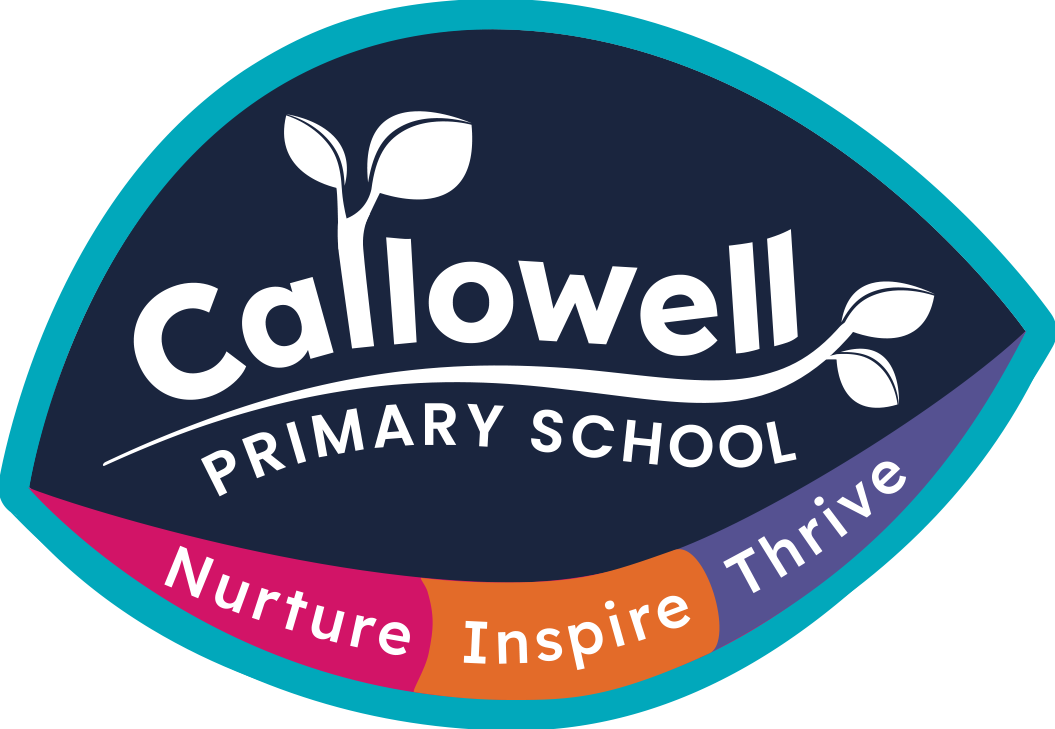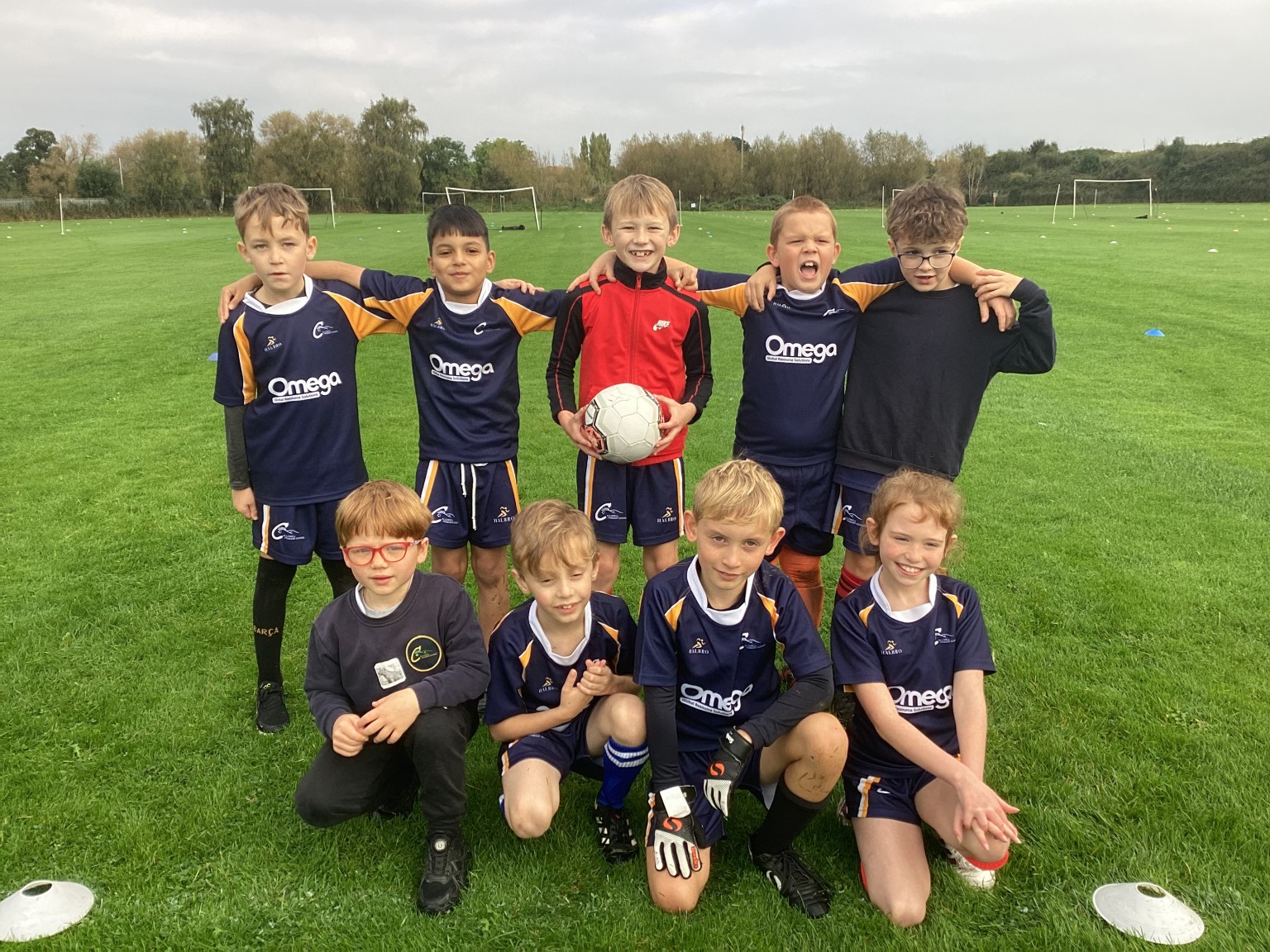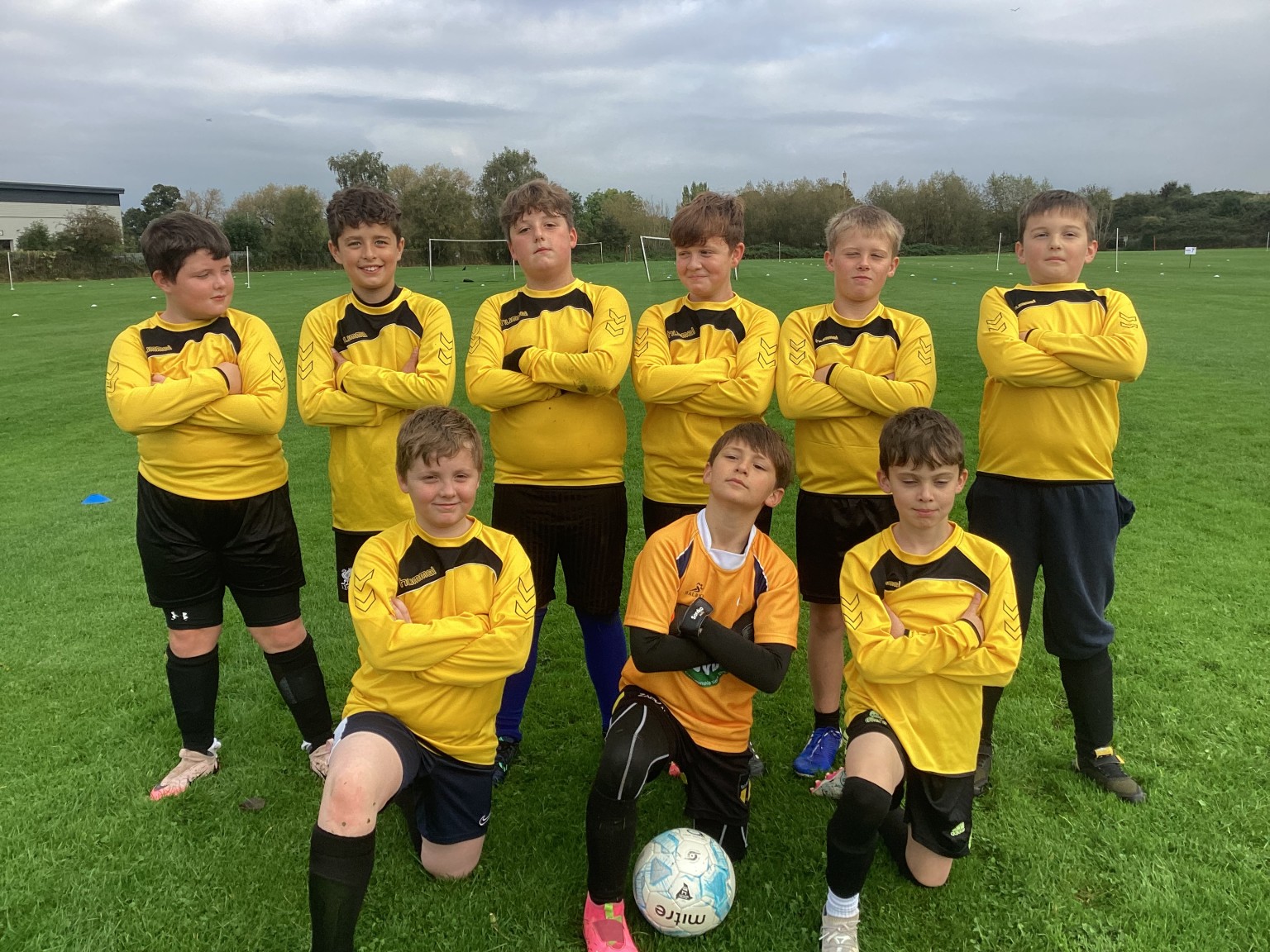Callowell Athletes
Our Aims:
Our PE curriculum is designed to develop independence and resilience in our learners whilst improving their oracy skills. We provide our learners with a wide range of experiences and activities to broaden their cultural development beyond their own community and promote inclusion.
Our aims are to ensure all of our pupils:
- develop competence to excel in a broad range of physical activities.
- are physically active for sustained periods of time.
- engage in competitive sports and activities.
- lead healthy, active lives.
What does PE look like at Callowell?
Our PE curriculum, currently supported by Striver, is based on the aims and principles of the national curriculum and we make sure all children are active for at least two hours a week. We ensure that learning is progressive and inclusive with a focus on teaching relevant high-quality vocabulary to improve subject specific oracy.
In the Early Years Foundation Stage, children engage with PE through the Early Learning Goal 'Physical Development.' Within this Early Learning Goal, children develop core strength, stability, balance, spatial awareness, co-ordination and agility, whilst practising their gross motor skills.
In Key Stage One, they are taught to master basic movements (including: running, jumping, throwing and catching), participate in team games and perform dances using simple movement patterns.
In Key Stage Two, the children build on their previous learning, applying and developing a broad range of skills, learning how to use them in different ways and linking them to make actions and sequences of movements. They develop their flexibility, strength, technique, control and balance, as well as access competitions through team and individual games. We also ensure that all children have access to swimming lessons in their time at Callowell.
At Callowell, we have a range of established links with our local community that we draw upon to enhance learning and provide opportunities for the children to experience new sports. To ensure children are provided with a broad cultural development we also provide them with opportunities to extend their learning beyond our local community. Learning experiences include: tournaments, after-school clubs, expert led workshops and visitors.
How do we assess PE?
Our PE curriculum is designed progressively to ensure that children build on previously learnt knowledge and form connections between skills and knowledge taught. We use regular retrieval practice sessions within class to further support this.
By the end of the Early Years and Foundation stage, pupils will have begun to acquire their gross and fine motor skills to enavle the development of their strength, co-ordination and positional awareness through tummy time, crawling and play movement with both objects and adults.
By the end of Key Stage One, pupils will have developed fundamental movement skills, become increaingly competent and confident, and access a broad range of opportunities to extend their agility, balance and coordination, individually and with others. They will be able engage in competitive (both against self and against others) and co-operative physical activities, in a range of increasingly challenging situations.
By the end of Key Stage Two, pupils will continue to apply and develop a broader range of skills, learning how to use them in different ways and to link them to make actions and sequences of movement. They should enjoy communicating, collaborating and competing with each other. They will develop an understanding of how to improve in different physical activities and sports, learning how to evaluate and recognise their own success.
Class teachers use formative assessment in all lessons to identify children's understanding of the key knowledge and skills taught in PE lessons, alongside Evidence Me and Insight. This allows us to track the attainment and progress of children throughout their school journey.


